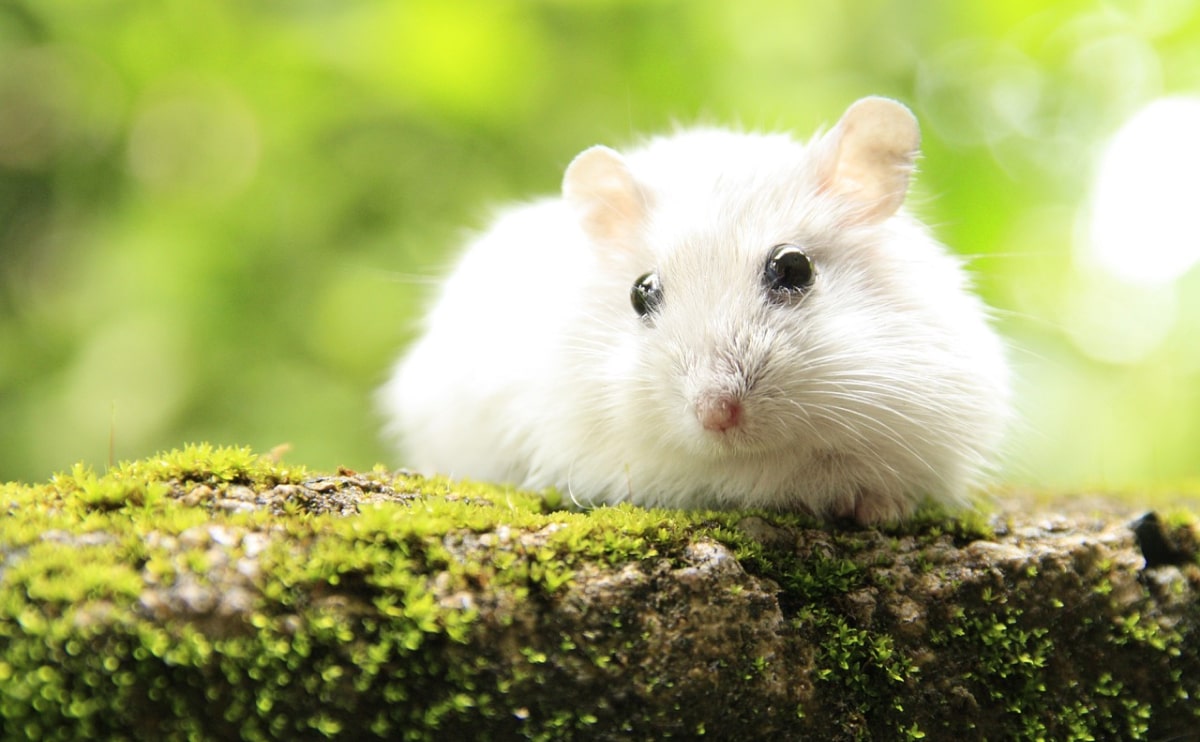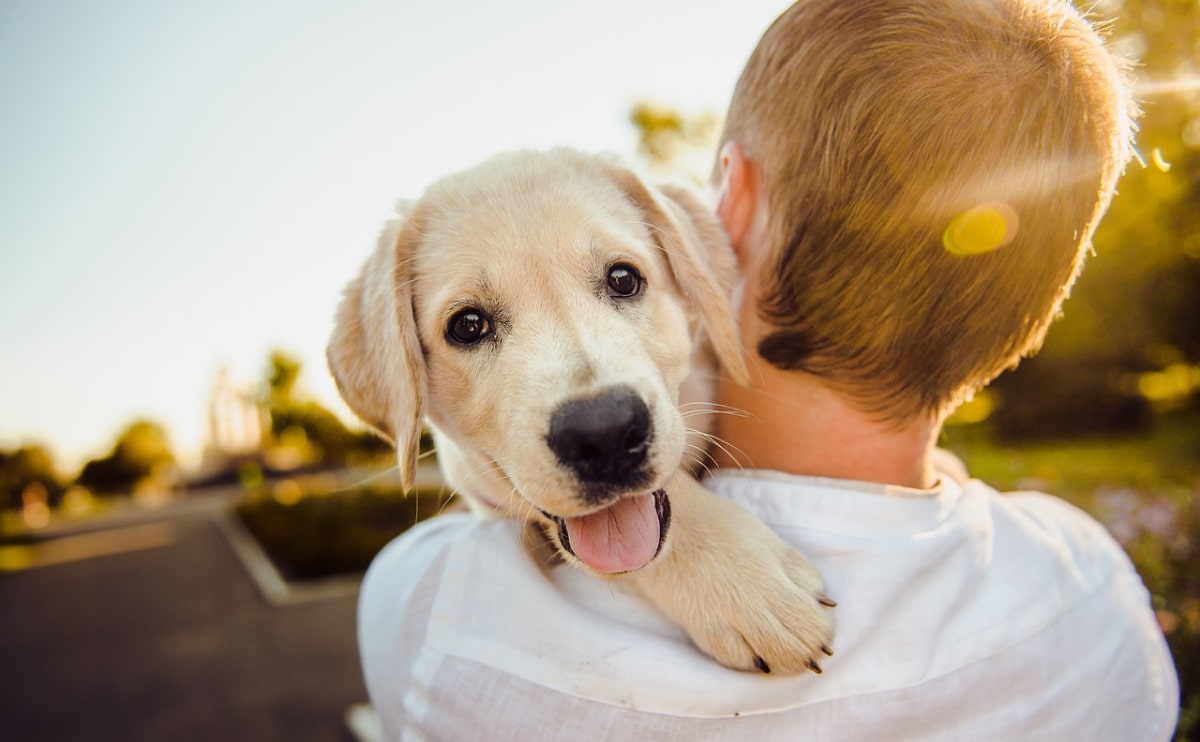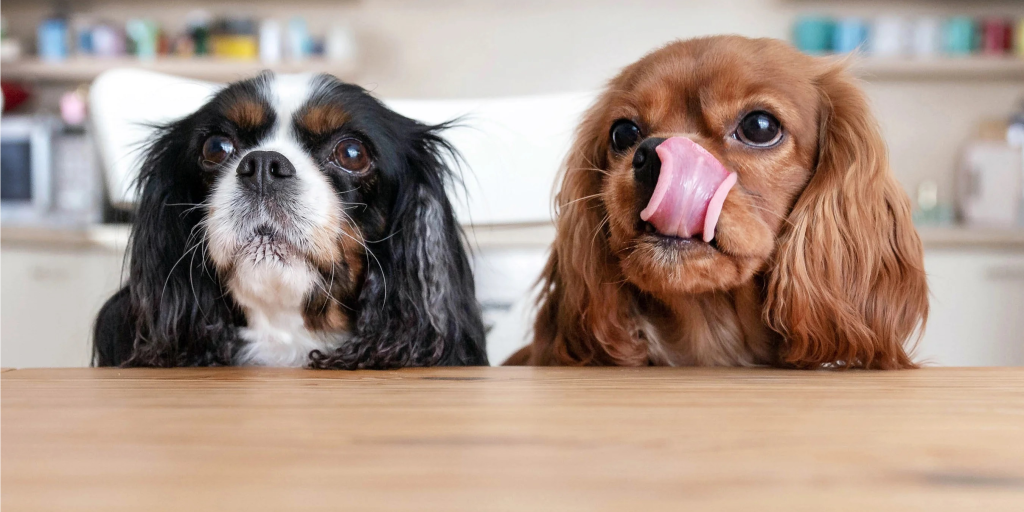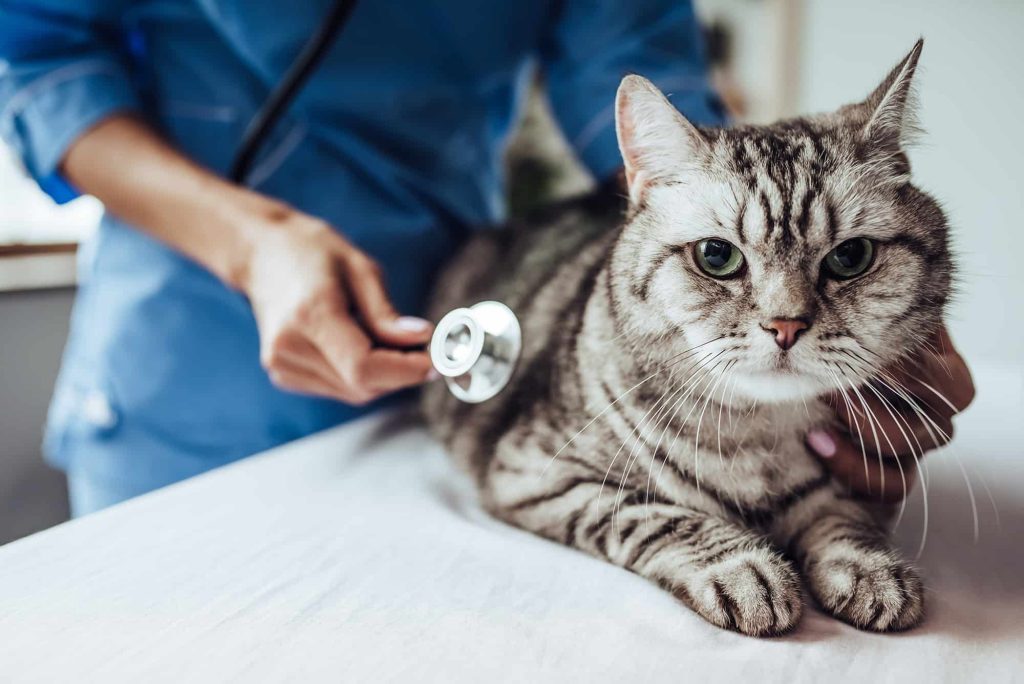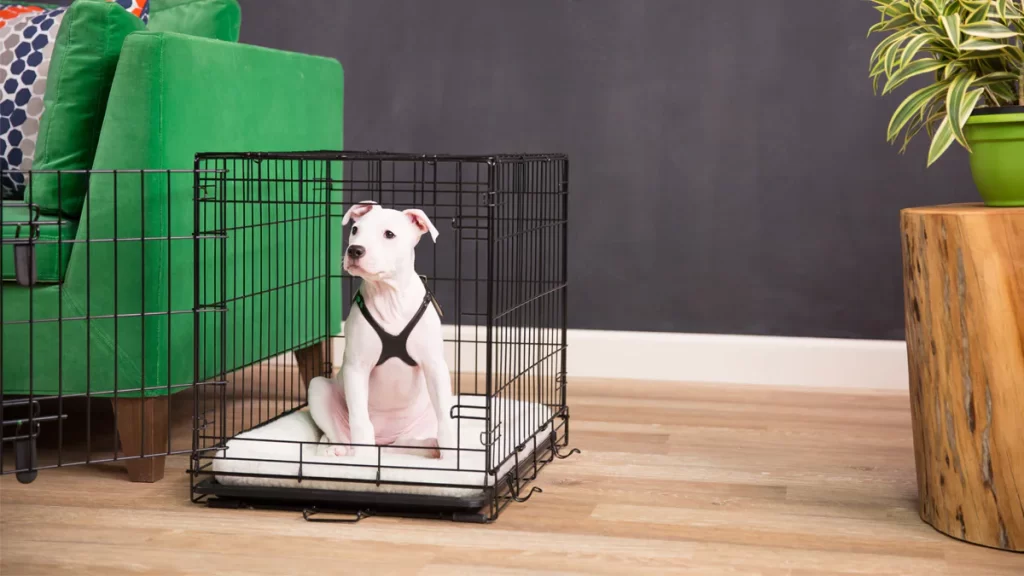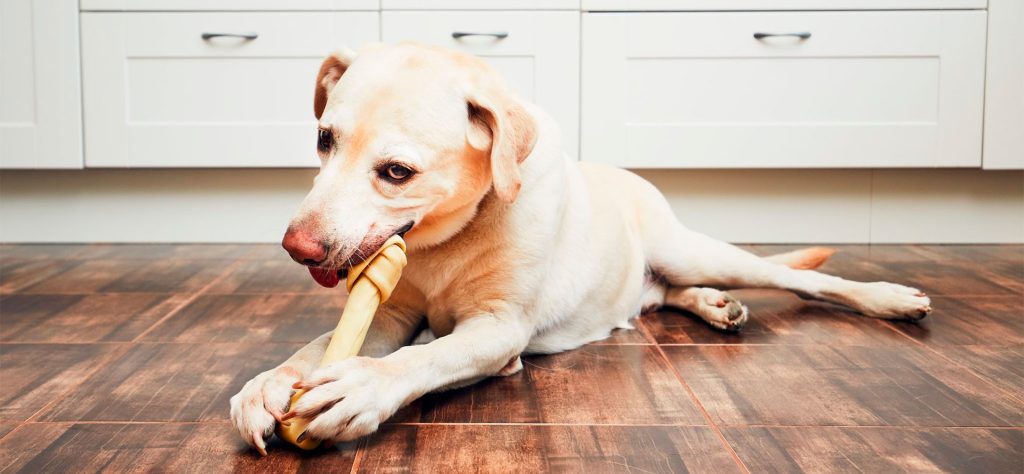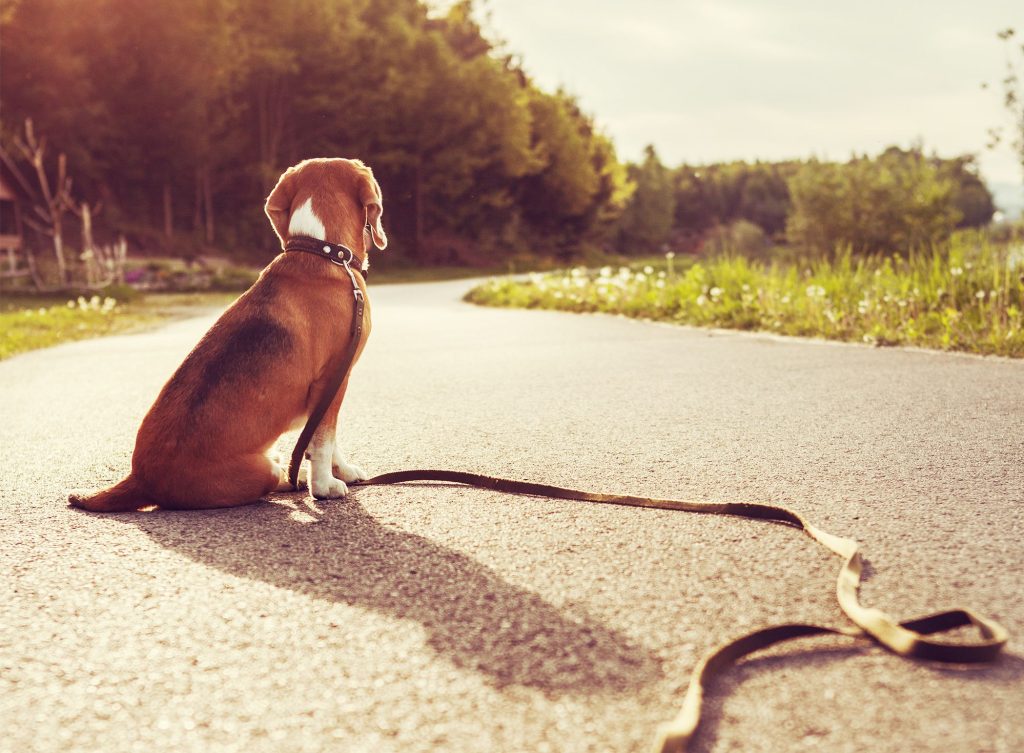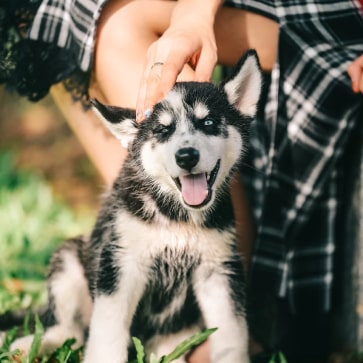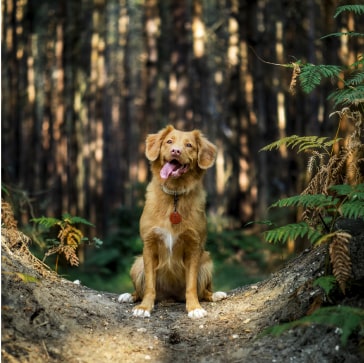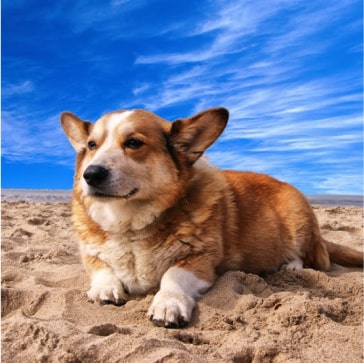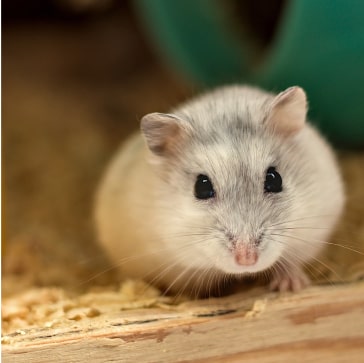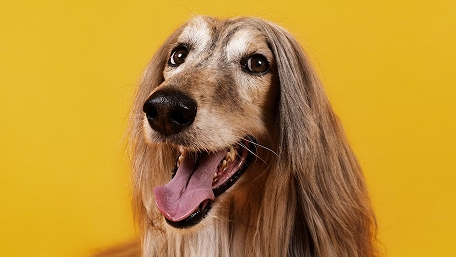Blog
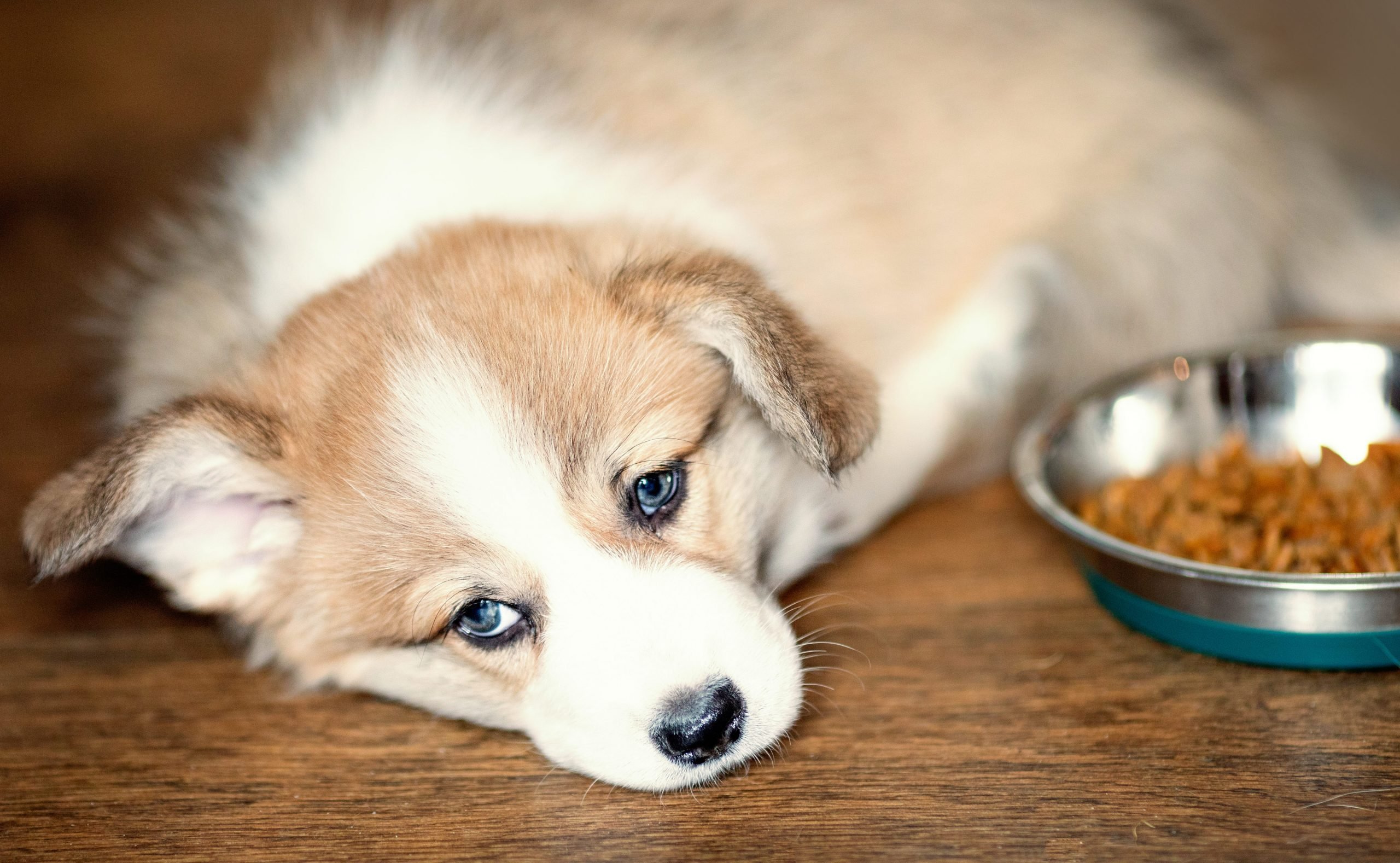
What Should You Do If Your Dog Is a Picky Eater?

The wild predecessors of domestic dogs were opportunistic feeders. They had no idea when or where they would obtain their next meal, so they ate whatever was available whenever they came across a source of nourishment. While many companion dogs retain this characteristic, others are picky about what they eat. Picky eating in dogs is frequently the result of living with humans, who, often unknowingly, foster harmful feeding habits in their pets.
Should You Discuss Your Dog’s Eating Habits with Your Veterinarian?
Changes in your dog’s appetite might be a sign of an underlying medical condition, especially if they occur suddenly or result in a significant weight loss. If a dog that used to eat anything suddenly becomes choosy or refuses to eat at all, this might be a sign of an underlying medical issue such as gum disease, food allergies or sensitivities, respiratory illness, gastroenteritis, or other, equally significant concerns.
If your dog’s selective eating is accompanied by any of the following symptoms, he or she may have a significant medical issue and should be seen by a veterinarian as soon as possible:
- Bodyweight in the unhealthy range
- Changes in bowel habits (e.g., frequency or consistency)
- Malnutrition symptoms (e.g., ribs visible through the skin)
- Other stomach issues (e.g., vomiting)
If, on the other hand, your dog’s stool seems normal, her weight remains within a healthy range, her ribs aren’t visible, and she doesn’t exhibit other indications of illness, the problem is most likely not medical, and your pet does not need to visit the doctor right away. However, a visit to your dog’s veterinarian may be advantageous since he or she may be able to pinpoint the source of the shift in feeding patterns and propose particular tactics for altering them.
What Causes Dog Pickiness?
After you’ve checked out any medical issues, there might be a number of causes for your dog’s fussy eating. Breed can sometimes be a contributing influence. Some dogs are more motivated by human attention than by food. Smaller dog breeds, on average, have lower food drives, however this is not always the case. Pugs, for example, are a tiny breed noted for their voracious appetites, but sighthounds are huge but thin dogs with rapid metabolisms.
It is sometimes a question of personal preference. Some dogs are just not fond of particular flavors or textures in their diet. Some people like dry food, while others prefer wet food from a can or pouch. If it comes down to your dog’s tastes, you may experiment with different types of food to see what he prefers. When altering your dog’s food, attempt to do it gradually by combining a tiny amount of the new kind with the old and gradually increasing the former while lowering the latter. Changes in your pet’s food can also cause fussy eating and other gastrointestinal issues. Once you’ve found something your dog like, keep with it.
Other probable causes of your dog’s pickiness include:
1. Anxiety: If your dog is anxious about something, she may eat less than normal. Some dogs, for example, grow uneasy when they are fed in a high-traffic location or when their feeding schedule changes from day to day. Anxiety concerns unrelated to your dog’s food schedule may also need to be addressed.
2. Spoiled Appetite: If you offer your dog too many goodies or table scraps, he may be satiated by the time dinner arrives and hence uninterested in his food.
3. Boredom: Various dogs have different personalities, and although some appreciate predictability in their routine, others become tired with eating the same meal every day. While abrupt changes to your dog’s food might be harmful, there are methods to spice up her regular meal.
4. Age: Just like people, dogs’ metabolism slows as they get older, and your pet may not need to eat as much food as he did when he was a puppy.
5. Aversion: If your dog became unwell after eating a certain type of food, whether or not it was the cause of the illness, she may avoid it in the future. This is an evolutionary advantage that aids wild dogs in avoiding accidental poisoning, but it can lead to picky behavior.
What Can You Do If Your Dog Is Picky?
If you’ve ruled out a medical problem as the cause of your dog’s behavior, you can attempt the following methods:
1. Make certain that the food you’re serving is appropriate for your dog’s age. Adult dogs should not consume puppy food, and vice versa.
2. Verify if the cuisine is created using high-quality ingredients. Fillers and preservatives can increase food allergies or sensitivities in dogs.
3. Feed your dog at around the same time every day. Leave the food on the floor for 15 to 30 minutes, then remove it if your dog hasn’t eaten it. When your dog no longer takes food availability for granted, he may become more interested.
4. Do not allow wet food to deteriorate. After 15 to 30 minutes, throw away whatever your dog has left behind. To avoid food waste, feed tiny quantities at a time, refrigerating the unwanted part, and gradually increasing if your pet becomes more interested.
5. Place your dog’s food and water dish in a calm area of the house.
6. Never give your dog table leftovers. This may not only cause your dog to lose interest in her usual diet, but it may also be harmful to her health.
Most importantly, be patient and give your dog time to acclimate to changes in his feeding patterns.
Petstup is an official seller of the many well-known pets brands, focused on improving the lives of pets, pet parents and our partners. We proudly offer a large variety of pet nutrition products and supplies competitively priced for dogs, cats, reptiles, fish, birds and small animals. Petstup is your one stop shop for all your pet’s needs. All our products are authentic, and pass all mandatory United States standards and veterinary practices. We run several warehouses across the United States to serve you better and faster.




